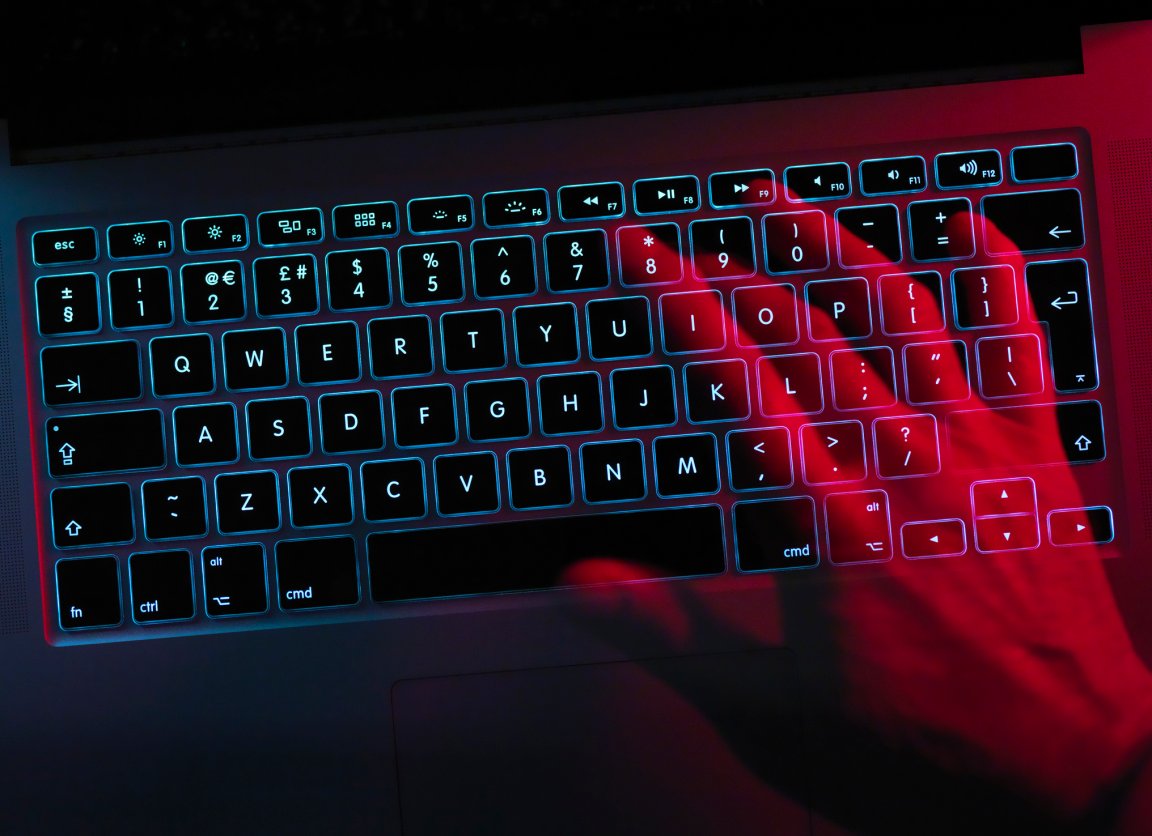
Cybersecurity A-Team
Technology can improve our lives for the better, but it can also be used for nefarious purposes. During a speech at the United Nations (U.N.) in Geneva, Microsoft president and chief legal officer Brad Smith warned delegates that cyberattacks facilitated by technological advances must be everybody’s business.
“We are seeing a new arms race,” Smith said, according to Geekwire. “We’ve entered a new era of invisible weapons. When we talk about a cyber weapon, it’s not something one can hold in a hand like a gun or look across and see like plane or missile, and yet its impact can be profound.”

Smith noted that a huge chunk of responsibility falls upon the shoulders of the world’s biggest tech companies, which he said should be the first line of defense against cyberattacks: “We built the stuff…We see the threats first, and we are in position to act quickly.”
According to Smith, Microsoft spends $1 billion each year on security innovations, and during his talk, he urged the biggest names in tech to band together, saying they should adopt a set of common best practices that will protect the rest of the world from cyberattacks.
A Vulnerable World
Cyberattacks have become increasingly prevalent the past couple of years, and some of history’s worst happened in 2017. A candidate in France’s presidential election was the target of a massive email hack, and May’s WannaCry attack crippled hospitals, businesses, governments in more than 150 countries when it locked down more than 200,000 computers.
And those are just a couple of the latest. Remember the 2014 Sony hack? Or the hack of the U.S. Democratic National Committee (DNC) in 2016?
“Increasingly, we live in a world where if you can hack into a thermostat, you may be able to find your way across the electrical grid,” Smith said during his U.N. speech. The threat is real, so much so that some claim that cybersecurity should be an absolute human right.
In a world in which almost every conceivable transaction can be done using a gadget, that assertion is hard to dispute, but while tech companies can be the vanguard of cybersecurity, governments need to be involved as well.
“The world needs a new digital Geneva Convention. It needs new rules of the road,” according to Smith. “What we need is an approach that governments will adopt, that says they will not attack civilians in times of peace […] that they instead will work together to help each other and the private sector respond when there are cyberattacks.”